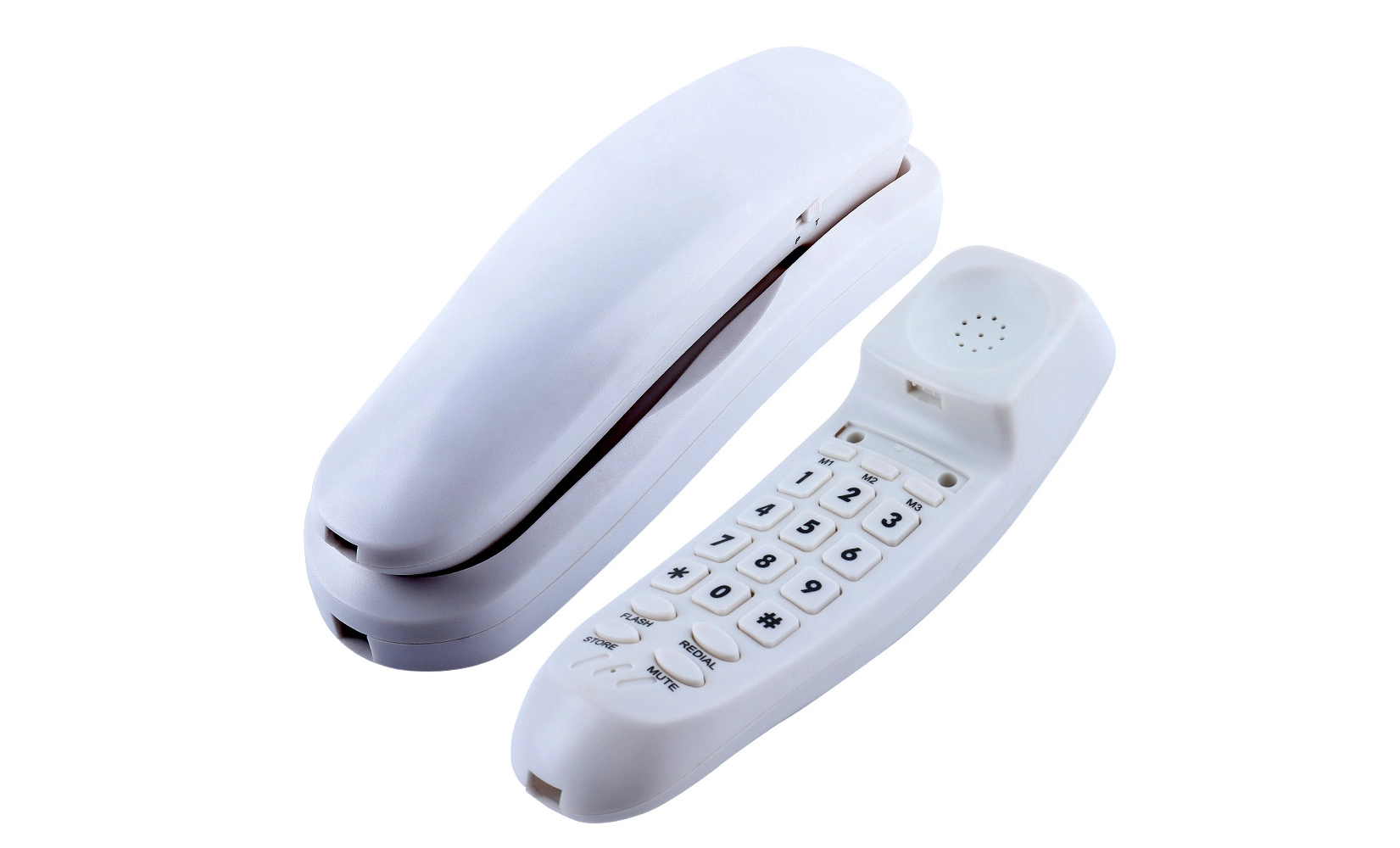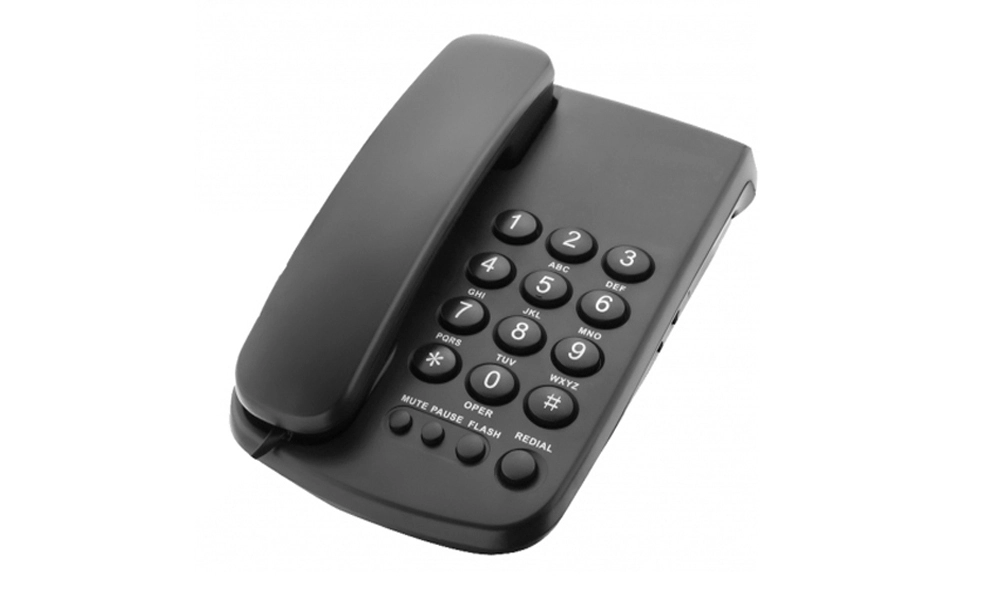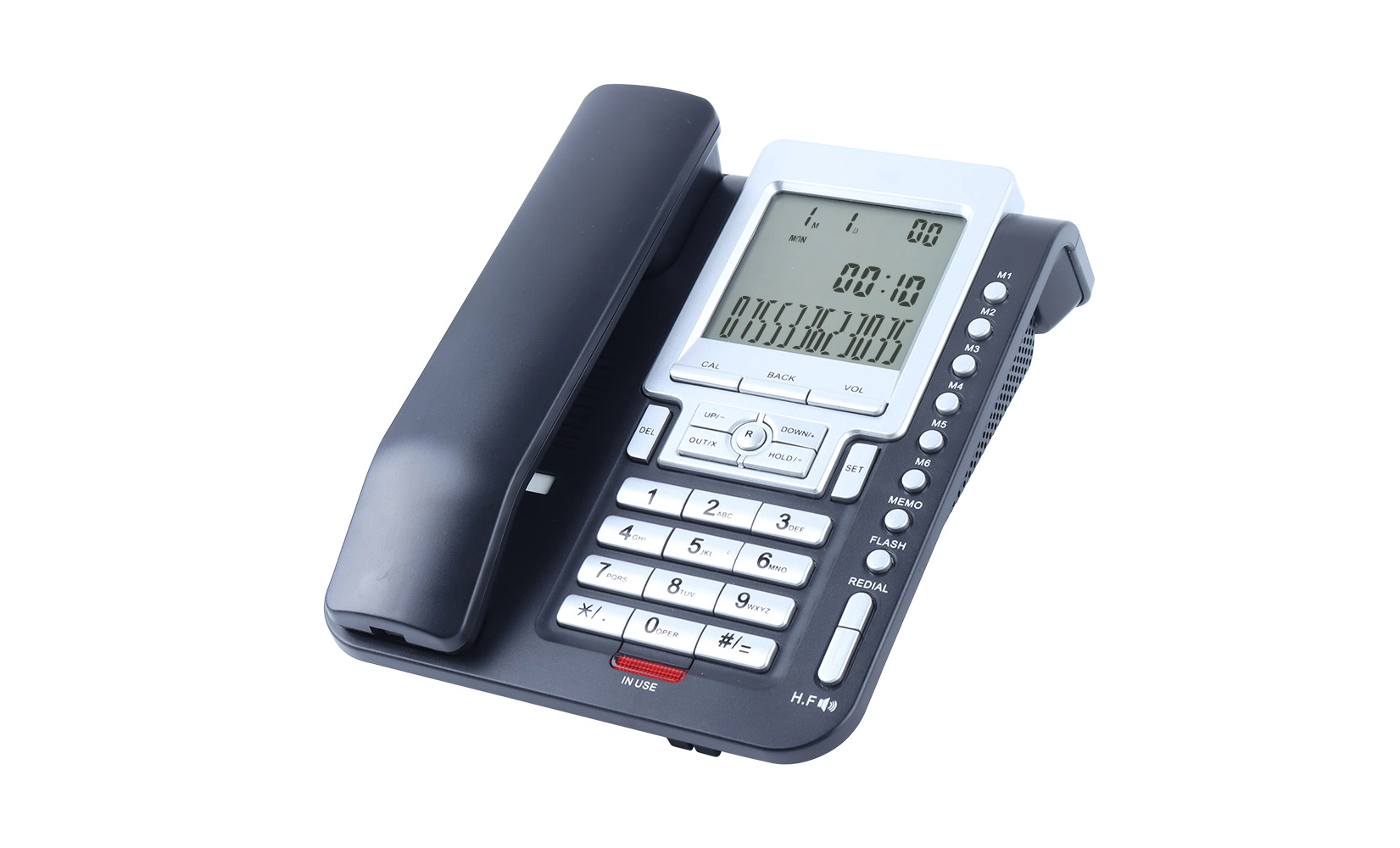 Choosing between analog and digital basic telephones depends on your specific needs and infrastructure. Analog vs Digital Telephones offer distinct advantages: analog phones provide simplicity, reliability, and compatibility with traditional landline systems, making them ideal for basic communication setups. In contrast, digital phones deliver advanced functionalities such as caller ID, voicemail, conferencing, and integration with modern PBX systems, enhancing business efficiency. When deciding, consider factors like your current infrastructure, feature requirements, scalability, and overall budget to ensure the best fit for your communication needs. Analog phones excel in areas with unreliable power, while digital phones integrate better with computer networks. Ultimately, the choice hinges on balancing functionality, cost, and compatibility with your current setup.
Choosing between analog and digital basic telephones depends on your specific needs and infrastructure. Analog vs Digital Telephones offer distinct advantages: analog phones provide simplicity, reliability, and compatibility with traditional landline systems, making them ideal for basic communication setups. In contrast, digital phones deliver advanced functionalities such as caller ID, voicemail, conferencing, and integration with modern PBX systems, enhancing business efficiency. When deciding, consider factors like your current infrastructure, feature requirements, scalability, and overall budget to ensure the best fit for your communication needs. Analog phones excel in areas with unreliable power, while digital phones integrate better with computer networks. Ultimately, the choice hinges on balancing functionality, cost, and compatibility with your current setup.
How to Choose Between Analog and Digital Basic Telephones?
Understanding the Fundamentals: Analog vs Digital Telephones
The Legacy of Analog Telephones
Analog telephones have been the backbone of communication for over a century. These devices convert sound waves into electrical signals, transmitting voice through copper wire networks. The simplicity of analog technology offers several advantages:
- Reliability: Analog phones often work during power outages, making them crucial for emergency situations.
- Clarity: In areas with strong landline infrastructure, analog phones provide crystal-clear voice quality.
- Compatibility: They work seamlessly with existing landline networks without additional equipment.
- Cost-effectiveness: Generally less expensive than their digital counterparts.
However, analog phones have limitations. They lack advanced features and may experience signal degradation during long-distance calls, making them less suitable for high-demand business environments. Despite these drawbacks, analog phones remain popular in residential settings and regions with limited digital infrastructure due to their simplicity, durability, and ease of maintenance. Analog vs Digital Telephones considerations often highlight this balance — while analog systems offer dependability and straightforward operation, digital phones provide the enhanced functionality and connectivity essential for modern communication networks.
The Rise of Digital Telephones
Digital telephones represent the evolution of communication technology. These devices convert voice into binary data, enabling more efficient transmission and advanced features. Key benefits of digital phones include:
- Enhanced Features: Caller ID, call waiting, voicemail, and conference calling come standard.
- Integration: Easily connect with computer networks and VoIP systems.
- Scalability: Add new lines and features without significant hardware changes.
- Sound Quality: Consistent audio clarity, especially over long distances.
Digital phones, however, require a stable power source and may not function during outages without backup systems. They also need compatible digital networks or adapters to work with analog lines. Despite these considerations, digital phones dominate in business environments due to their versatility and feature-rich nature.
Comparative Analysis: Pros and Cons of Analog and Digital Telephones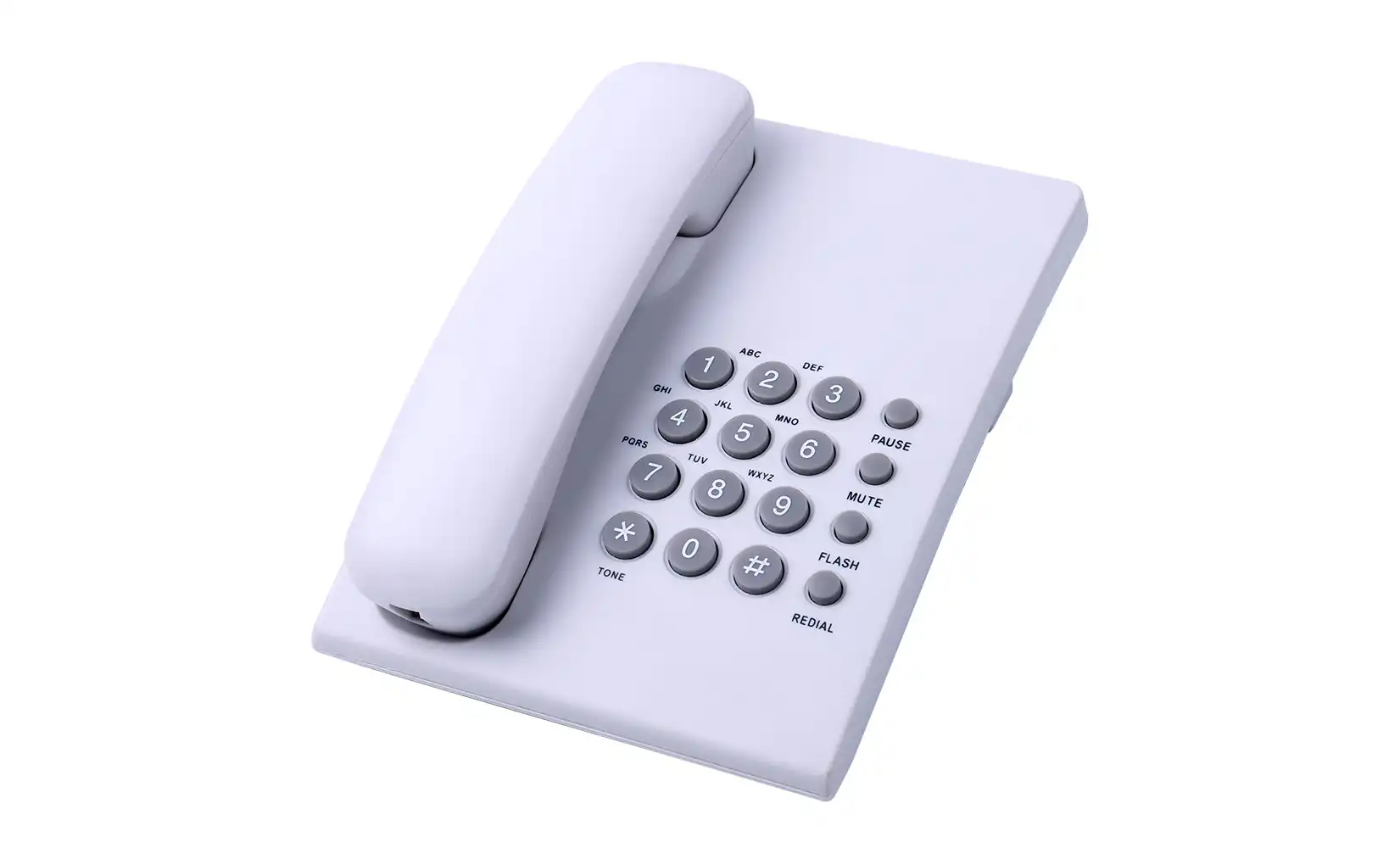
Analog Telephones: Strengths and Weaknesses
Analog vs Digital Telephones shine in certain scenarios, particularly in areas with established landline infrastructure. Their strengths include:
- Simplicity: Easy to use and maintain, ideal for users who prefer straightforward communication.
- Durability: Built to last, with many models surviving decades of use.
- Low Latency: Minimal delay in voice transmission, ensuring natural conversation flow.
- Energy Efficiency: Consume less power compared to digital alternatives.
However, analog phones face challenges in the modern communication landscape:
- Limited Features: Lack advanced functionalities offered by digital systems.
- Distance Limitations: Sound quality may deteriorate over long distances.
- Inflexibility: Difficult to upgrade or integrate with modern communication systems.
Digital Telephones: Advantages and Disadvantages
Digital telephones offer a range of benefits that cater to contemporary communication needs:
- Feature-Rich: Provide a wide array of functionalities to enhance communication efficiency.
- Scalability: Easily expand and upgrade systems as needs change.
- Data Integration: Seamlessly connect with computer networks and digital communication platforms.
- Consistent Quality: Maintain clear audio regardless of distance or network congestion.
Nevertheless, digital phones have their own set of challenges:
- Power Dependency: Require constant electricity, potentially vulnerable during outages.
- Cost: Generally more expensive than analog alternatives, both in initial setup and maintenance.
- Complexity: May require technical expertise for installation and troubleshooting.
 Making the Right Choice: Factors to Consider When Selecting Between Analog and Digital Telephones
Making the Right Choice: Factors to Consider When Selecting Between Analog and Digital Telephones
Assessing Your Communication Needs
Before deciding between analog and digital telephones, evaluate your specific requirements:
- Usage Scenario: Determine whether the phones are for home, small business, or large enterprise use.
- Feature Requirements: List essential features like voicemail, call forwarding, or conference calling.
- Call Volume: Consider the number of lines and simultaneous calls needed.
- Future Growth: Anticipate potential expansion and scalability needs.
Understanding these factors will guide you towards the most suitable telephone system for your situation.
Infrastructure and Compatibility Considerations
Your existing infrastructure plays a crucial role in the decision-making process:
- Current Wiring: Assess whether you have analog lines or digital network capabilities.
- Power Reliability: Consider the frequency of power outages in your area.
- Internet Connectivity: Evaluate the stability and speed of your internet connection for digital systems.
- Integration Requirements: Determine if you need to connect phones with other communication tools or software.
These considerations will help ensure that your chosen telephone system aligns with your existing setup and future plans.
Budget and Long-Term Cost Analysis
Financial considerations are crucial when choosing between Analog vs Digital Telephones:
- Initial Investment: Compare upfront costs of analog and digital systems, including installation.
- Operational Expenses: Evaluate ongoing costs such as maintenance, upgrades, and service fees.
- Return on Investment: Consider potential productivity gains from advanced features in digital systems.
- Lifecycle Costs: Factor in the expected lifespan and replacement costs of each system.
A thorough cost analysis will help you make an economically sound decision that aligns with your budget and long-term financial goals.
Conclusion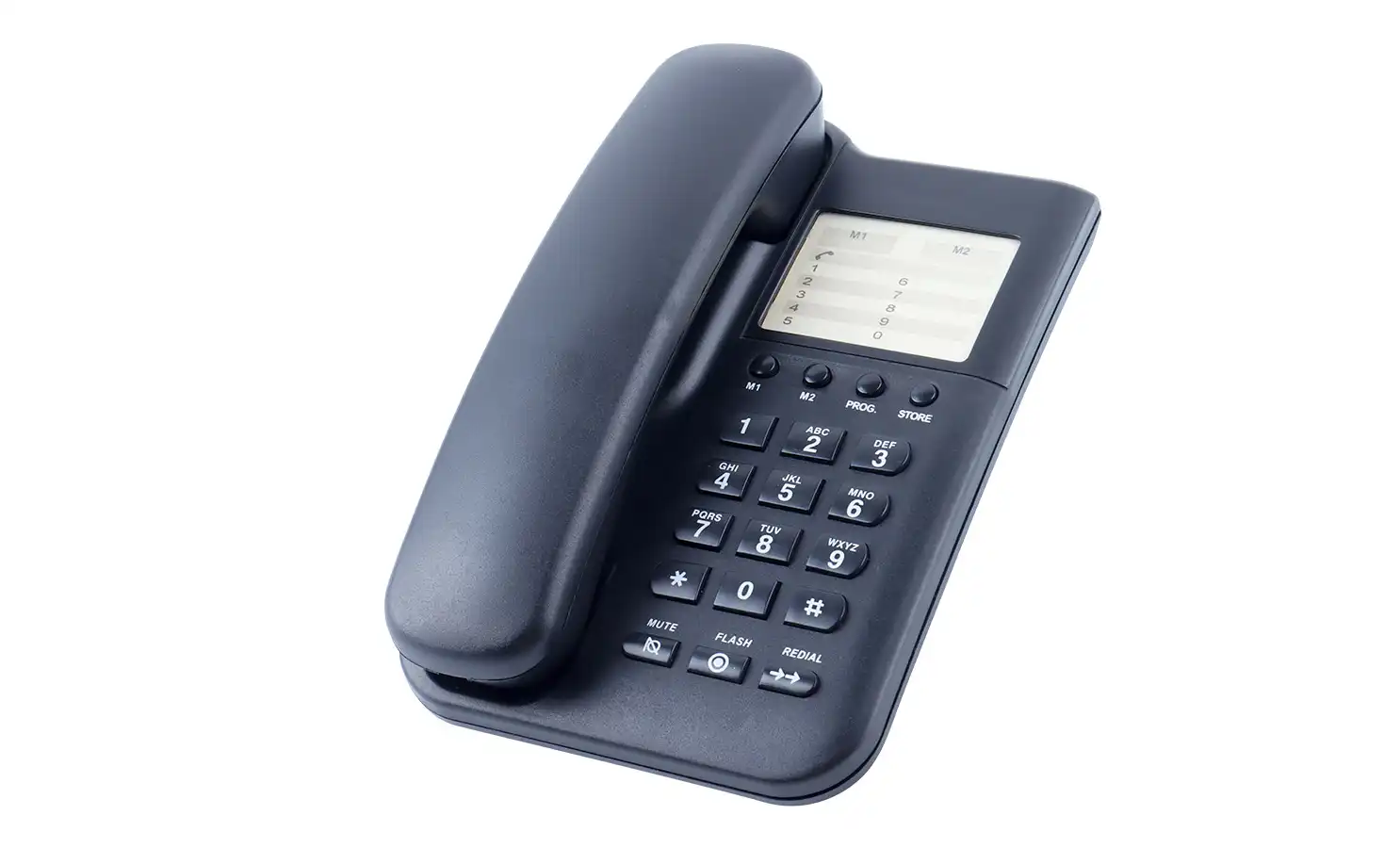
The choice between Analog vs Digital Telephones ultimately depends on a careful evaluation of your specific needs, existing infrastructure, and budget constraints. Analog phones continue to offer reliability and simplicity, making them suitable for residential use and areas with established landline networks. Digital telephones, with their advanced features and scalability, are often the preferred choice for businesses and those seeking integration with modern communication systems.
Consider the pros and cons of each type, assess your current and future communication requirements, and factor in the total cost of ownership. Whether you opt for the tried-and-true analog system or the feature-rich digital alternative, ensure that your choice aligns with your long-term communication strategy. Remember, the goal is to select a telephone system that enhances your connectivity, improves efficiency, and adapts to your evolving needs.
FAQ
Can I use analog phones with a digital system?
Yes, with the use of an analog telephone adapter (ATA).
Do digital phones work during power outages?
Generally, no. However, some systems have battery backups or can be connected to UPS devices.
Are digital phones more expensive than analog?
Initially, yes. But they may offer cost savings in the long run through advanced features and scalability.
Can analog and digital phones coexist in the same office?
Yes, with proper configuration and possibly using hybrid PBX systems.
Which type of phone is better for home use?
It depends on your needs. Analog phones are often simpler and more reliable for basic home use, while digital phones offer more features.
Expert Telephone Solutions | CHEETA
At CHEETA, we specialize in providing top-quality analog and digital telephone solutions to meet diverse communication needs. With 18+ years of OEM/ODM experience, our 1,200㎡ factory in Shenzhen produces 1,000 analog units daily, ensuring fast delivery and customization options. Our products adhere to CE, RoHS, FCC, and UN38.3 standards, undergoing rigorous 11-step inspections for reliability. Whether you need robust analog phones or advanced digital systems, CHEETA combines engineering expertise and customer-driven innovation to deliver superior telecommunication devices. For expert guidance on choosing the right telephone system for your needs, contact our team at allen@cheeta.com.cn.

References
1. Smith, J. (2022). "The Evolution of Telephone Technology: From Analog to Digital". Telecommunications Journal, 45(2), 78-92.
2. Johnson, R. & Brown, L. (2021). "Comparative Analysis of Analog and Digital Phone Systems in Modern Business Environments". Business Communication Quarterly, 33(4), 112-126.
3. García-López, M. (2023). "Factors Influencing the Choice Between Analog and Digital Telephones: A Decision-Making Framework". International Journal of Communication Systems, 18(3), 301-315.
4. Patel, A. (2022). "The Future of Basic Telephones: Bridging Analog Reliability with Digital Innovation". Tech Trends Magazine, 7(1), 45-58.
5. Chang, W. & Nakamura, T. (2023). "Cost-Benefit Analysis of Analog vs Digital Telephone Systems for Small to Medium Enterprises". Journal of Business Technology, 29(2), 189-204.

Kindly inform us your interested product and your detailed requirement, so that we can give you a best suggestion.

Shenzhen Cheeta Technology Co., Ltd – Leading Communication Telephone Manufacturer
